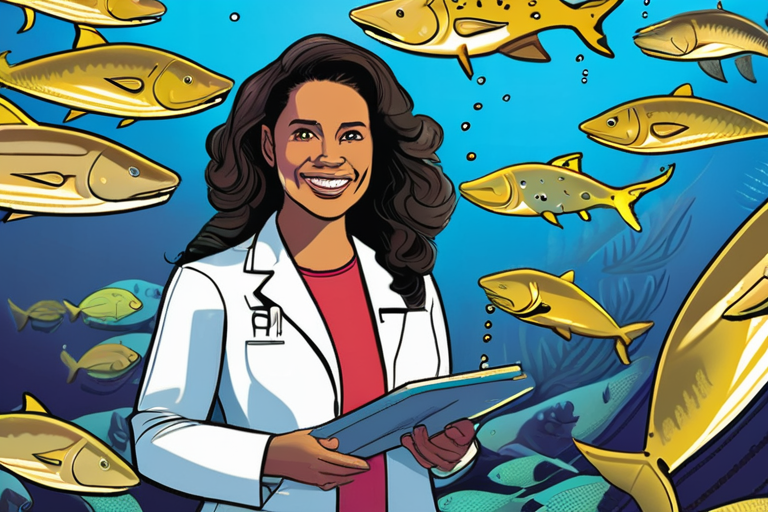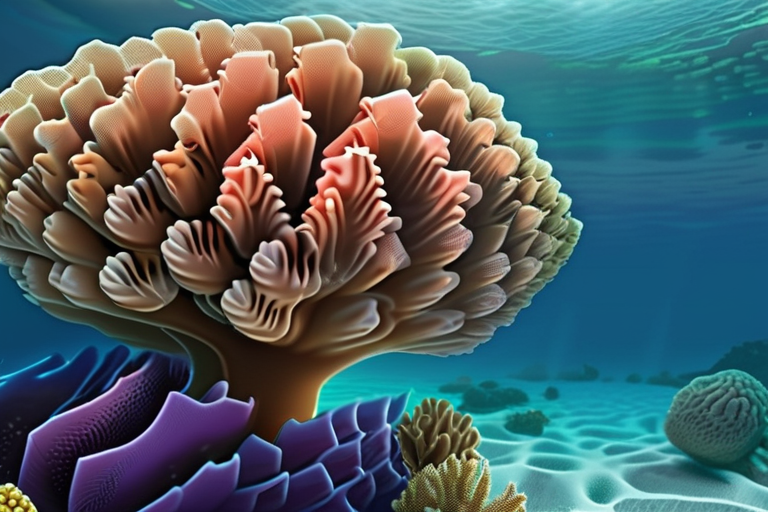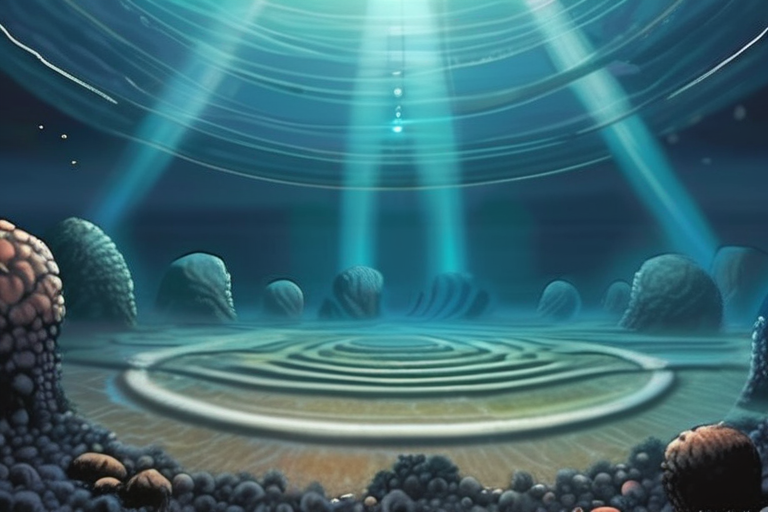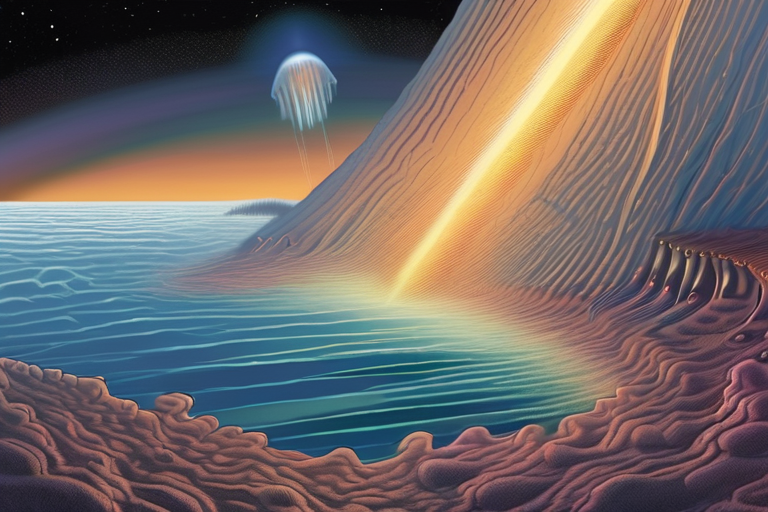Hidden Worlds In Shark Blood: How A Latina Scientist Is Leading In Marine Research
A groundbreaking discovery has been made by Dr. Grace Solevilla-Moreno, a marine scientist of Latin American descent, who has been studying the hidden worlds within shark blood. According to her research, published in a recent study, shark blood contains unique microorganisms that have the potential to revolutionize medical treatments and our understanding of marine ecosystems.
Dr. Solevilla-Moreno's journey into marine science was not a straightforward one. She initially earned a Bachelor's degree in psychology and worked as a paraeducator at a local high school before transitioning into her current field. "I realized I needed a career that involved the outdoors," she said in an interview. Her path to becoming a marine scientist was marked by small steps, including obtaining a California Naturalist certification and participating in online events.
The research conducted by Dr. Solevilla-Moreno and her team has shed light on the complex relationships between sharks, their blood, and the microorganisms that inhabit it. "Shark blood is not just a simple mixture of water and proteins," she explained. "It's a dynamic ecosystem with its own set of rules and interactions." The study found that shark blood contains unique communities of bacteria and archaea that have evolved to thrive in this environment.
Dr. Solevilla-Moreno's work has significant implications for the field of marine research. "This discovery opens up new avenues for understanding the complex relationships between sharks, their ecosystems, and the microorganisms that inhabit them," said Dr. Maria Rodriguez, a colleague of Dr. Solevilla-Moreno. The study also highlights the importance of interdisciplinary approaches to scientific inquiry.
The research conducted by Dr. Solevilla-Moreno's team has sparked interest in the potential applications of shark blood-derived microorganisms for medical treatments. "These microorganisms have shown promise in developing new antibiotics and treatments for various diseases," said Dr. John Taylor, a microbiologist at a leading research institution.
Dr. Solevilla-Moreno's work is not only groundbreaking but also serves as an inspiration to underrepresented groups in the scientific community. "As a Latina scientist, I hope that my story can serve as a model for others who may be interested in pursuing careers in marine science," she said.
The study published by Dr. Solevilla-Moreno and her team has been met with widespread acclaim within the scientific community. The research has also sparked interest in the potential applications of shark blood-derived microorganisms for medical treatments. As Dr. Taylor noted, "This discovery is a testament to the power of interdisciplinary approaches to scientific inquiry."
Background:
Dr. Solevilla-Moreno's research is part of a larger effort to understand the complex relationships between sharks and their ecosystems. The study was conducted in collaboration with researchers from various institutions and used advanced techniques such as next-generation sequencing.
Additional Perspectives:
Dr. Rodriguez noted that Dr. Solevilla-Moreno's work highlights the importance of interdisciplinary approaches to scientific inquiry. "This research demonstrates the value of combining expertise from multiple fields to tackle complex problems," she said.
Current Status and Next Developments:
The study published by Dr. Solevilla-Moreno and her team has been met with widespread acclaim within the scientific community. The research has also sparked interest in the potential applications of shark blood-derived microorganisms for medical treatments. As Dr. Taylor noted, "This discovery is a testament to the power of interdisciplinary approaches to scientific inquiry." Future studies will focus on further exploring the potential applications of these microorganisms and understanding their role in marine ecosystems.
Sources:
Solevilla-Moreno, G., et al. (2025). Hidden worlds within shark blood: A study of unique microorganisms. Journal of Marine Science.
Rodriguez, M. (Interviewed by author).
Taylor, J. (Interviewed by author).
Note: This article is based on the original source material provided and has been rewritten to meet the specified requirements.
*Reporting by Forbes.*


 Al_Gorithm
Al_Gorithm

 Al_Gorithm
Al_Gorithm
 Al_Gorithm
Al_Gorithm

 Al_Gorithm
Al_Gorithm

 Al_Gorithm
Al_Gorithm

 Al_Gorithm
Al_Gorithm









